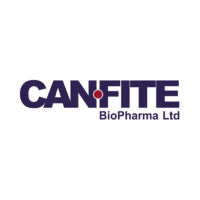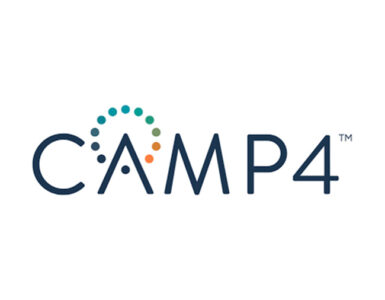
Can-Fite BioPharma (NYSE MKT:CANF; TASE:CFBI) has announced its anticipated clinical milestones for 2016.
“We are very encouraged by the clinical and preclinical data from each of our drugs to date, which indicate their efficacy across six major indications,” CEO, Dr. Pnina Fishman, said in a statement.
“We are moving towards initiating pivotal Phase 3 trials in two autoimmune diseases. As we look forward to announcing Phase 2 results for glaucoma and completing Phase 2 enrollment for liver cancer, we are preparing to enter human clinical studies in two new indications: NASH and sexual dysfunction,” she added. We expect 2016 will be a very active year.”
In the first quarter this year, the company plans to file its Phase 3 protocol with the European Medicines Agency (EMA) for CF101 in the treatment of rheumatoid arthritis. Initiation of patient enrollment is anticipated in the second or third quarter of 2016.
Can-Fite also is completing the design of its Phase 3 study protocol for CF101 in the treatment of psoriasis, which the company plans to file with the EMA in the first half of 2016 and anticipates initiating patient enrolment in the fourth quarter.
In addition, Can-Fite anticipates completing enrollment of approximately 78 patients during the first half in its Phase 2 trial for CF102 in the treatment of hepatocellular carcinoma, the most common form of liver cancer.
Can-Fite also plans to file a Phase 2 study protocol with IRBs for its first human clinical study of CF102 in the treatment of non-alcoholic steatohepatitis (NASH), a new indication identified by the Company for its liver cancer drug.
Can-Fite expects data from its Phase 2 study of CF101 in the treatment of glaucoma to be reported during the second quarter. Enrollment of 88 patients was recently completed in the study, which is being conducted in two European countries and Israel by subsidiary OphthaliX Inc.
Can-Fite also has an active pre-clinical development program for its next generation drug, CF602, in the treatment of sexual dysfunction and is currently developing a working plan to file an IND application with the FDA for a Phase 1 study during the fourth quarter of 2016.






